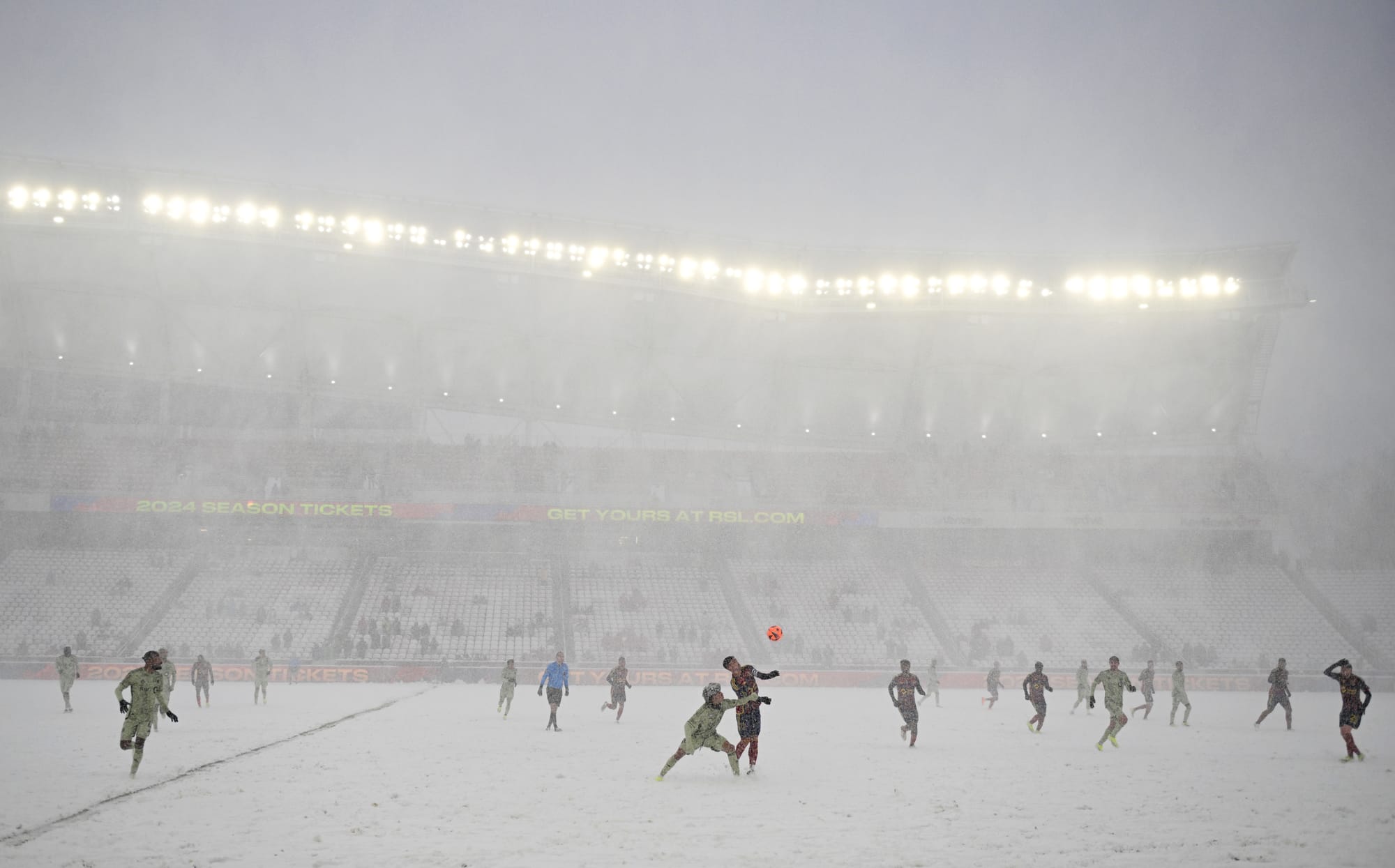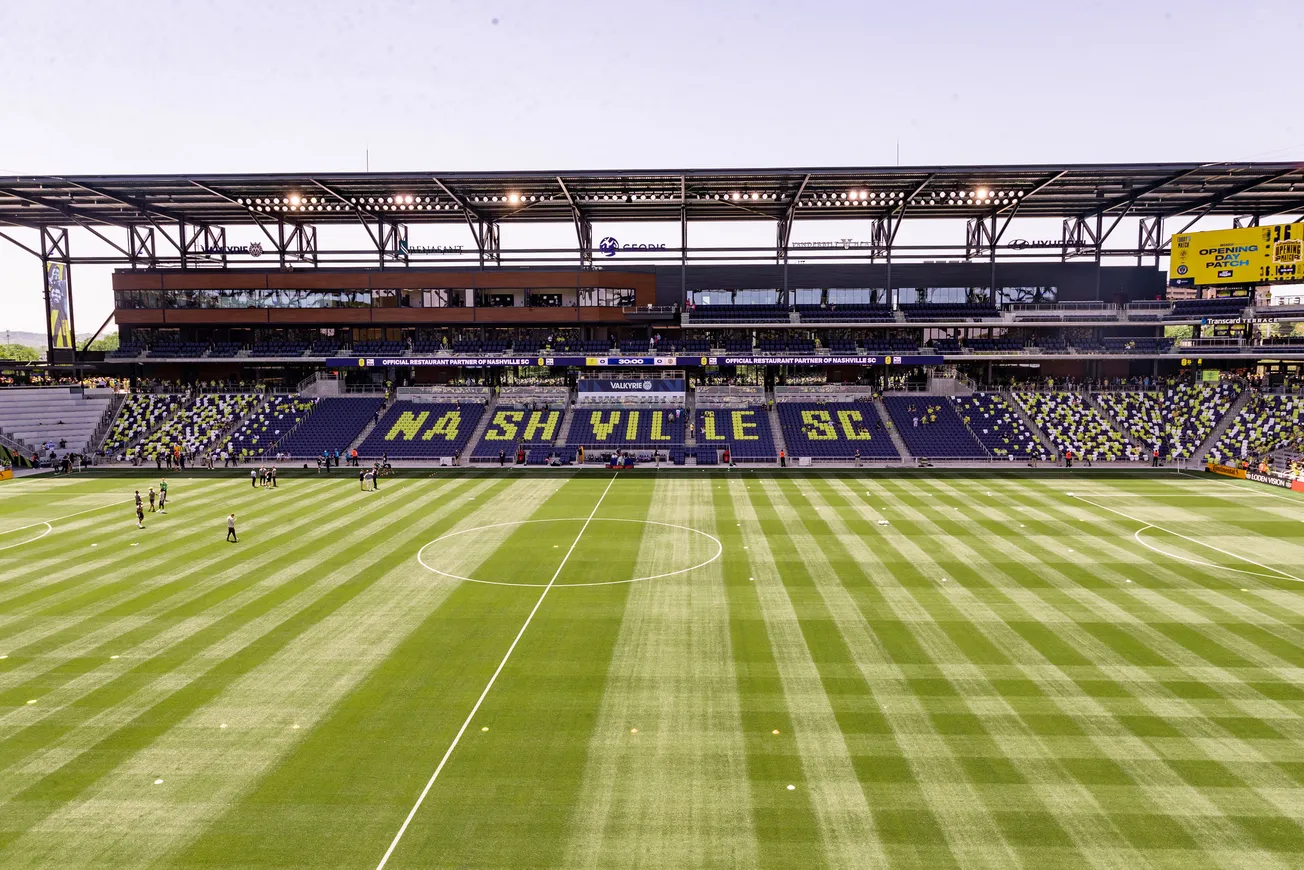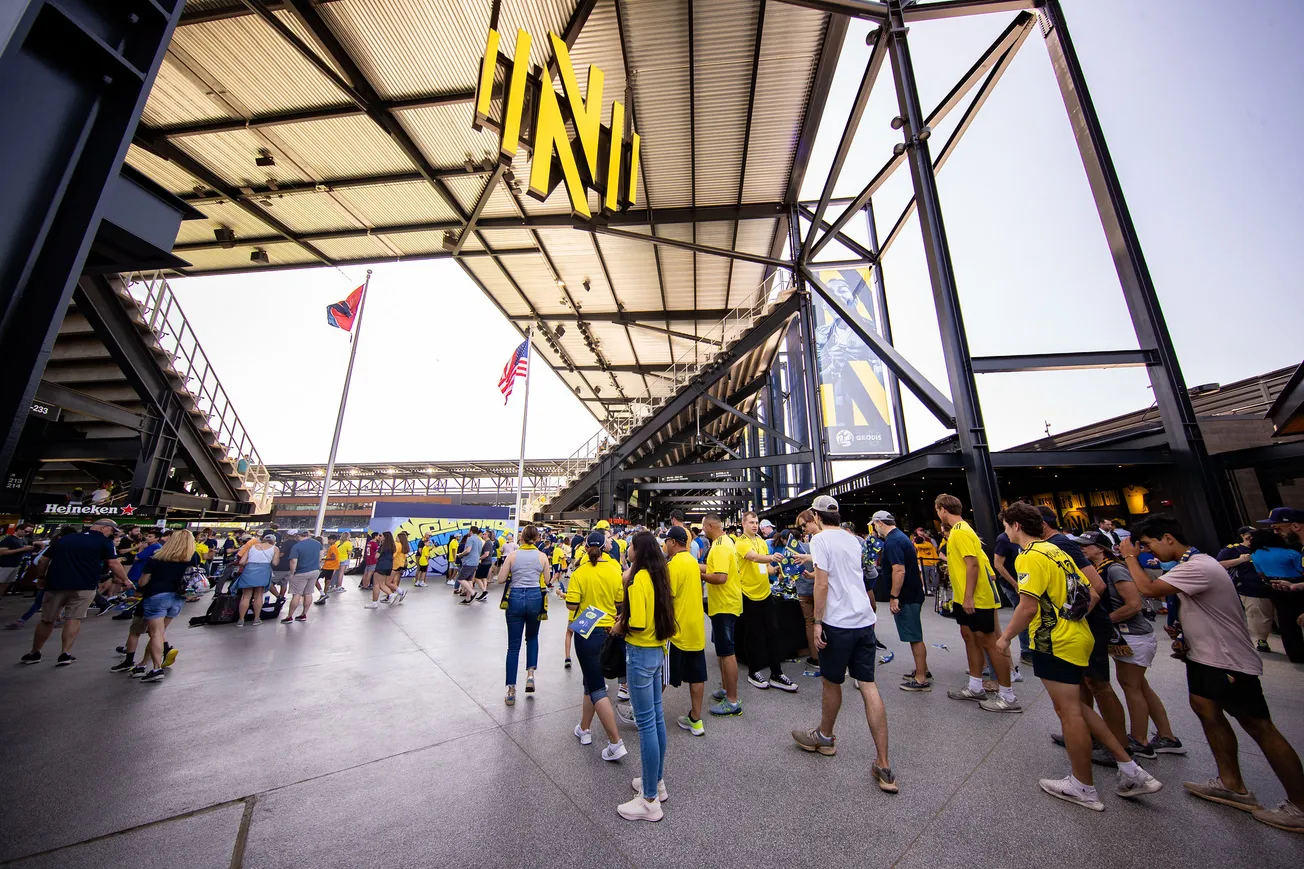Major League Soccer announced on Thursday that league calendar will make a seismic shift. Beginning in the summer of 2027, the league schedule will switch to a summer-to-spring format, mirroring the calendar of top leagues around the world.
Previously, MLS seasons began in early spring, with the regular season ending in late October and the playoffs concluding with MLS Cup in early December. The new format will see the season begin in mid-to-late July, with MLS Cup held in late May.
As part of the move, MLS will change the regular season format, as well as reviewing potential changes to the MLS Cup Playoff format. Those will be announced at a later date. MLS is also working with the MLS Players’ Association to finalize an agreement on the transition plan.
In between the conclusion of the 2026 regular season and the new format in 2027-28, MLS will hold a transition season from February to May 2027, featuring a 14-match regular season, playoffs, and MLS Cup. The results of this shortened season will determine participants in the US Open Cup, Canadian Championship, Leagues Cup, and Concacaf Champions Cup.
Why make the change?

The primary reason for changing the calendar is to align transfer windows with the top leagues in Europe. Currently, the major transfer window for the global game is in the summer, when leagues are in between seasons. Being on an opposite cycle has made it difficult for MLS clubs to sell key players to Europe, hesitant to lose them in the middle of the year and harm their ability to compete. It's also meant that the biggest signings arrive towards the end of the season, with only a handful of games left between the close of the transfer window and the start of playoffs.
Switching the calendar will also allow MLS's schedule to align with the FIFA international windows. In the current format, MLS clubs have to play through certain international windows during the regular season, often with their best players absent on international duty. The playoffs are also interrupted by the international break, with teams who advance from Round One with wins in their first two games often waiting three weeks until their next match. This has made it a challenge to maintain momentum in the crucial part of the season.
Switching to a summer-spring schedule will also mean that MLS Cup Playoffs are not directly competing with the NFL and other sports for attention. As it stands, the playoffs run concurrently with the NFL regular season and MLB World Series. While there will still be other sports ongoing in the spring and summer, MLS playoffs should have more space to breath.
What about the weather?

Playing through the winter months isn't practical for many cities in the United States, with Toronto FC and CF Montreal also affected. As winter weather continues to become more extreme, hosting matches becomes more of a challenge.
To offset this, the new calendar will take a winter break from league matches from mid-December to early February. Clubs who are especially effected by winter weather will also host limited matches during December and February.
Sources have indicated to SixOneFive Soccer that there is the potential to play other matches during the winter break, with a neutral-site Leagues Cup tournament hosting in warmer climates included as a possibility.
While hosting games in cold weather will be a challenge, the spring-to-fall schedule included its own set of challenges. With extreme heat becoming an increasing issue throughout the United States, many of the summer games are played in high temperatures, and these high temperatures impact the quality of play on the field more severely than low temperatures. There's an argument to be made that the quality of play in MLS suffers over the summer months.
The current schedule also has the playoffs, the most important games of the year, played in colder temperatures. In-person attendance will be a challenge for these games anyway, but switching to a summer-to-spring calendar will mean that the playoff matches are moved into late spring, where weather should be much more favorable.
Finally, it is much more feasible to reschedule regular season matches due to potential winter weather issues than rescheduling playoff matches.
Quick take
Playing in the winter months will be a major challenge. Playing in the summer months also poses its own set of challenges. It will take some creativity, and likely some trial and error, to fine tune the format.
There are certainly cons, but the pros of aligning with Europe and the transfer opportunities that brings, as well as aligning the schedule around the FIFA window, will make for a better on-field product.
It's a shame that this decision wasn't reached earlier so that MLS could kick off a 2026-27 fall-to-spring schedule immediately following the 2026 FIFA World Cup. That would have given the league a huge momentum boost and hopefully carried any groundswell for soccer directly into a new season.
Better late than never, though. If the schedule change is accompanied by further loosening of roster restrictions, the product on the field will see a significant increase.










